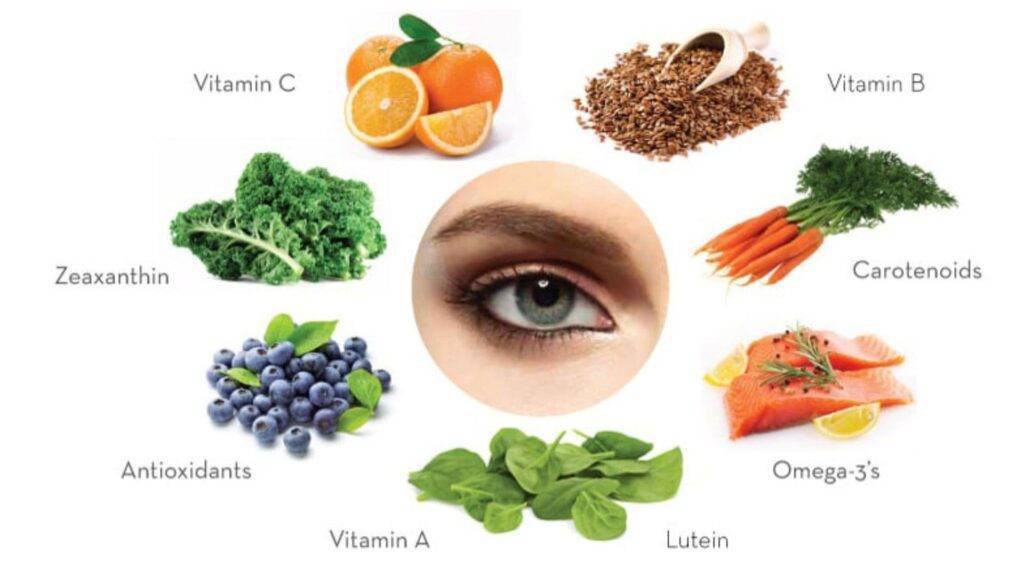Areds 2 eye vitamins
Eye health is crucial for maintaining good vision and overall well-being. While there is no specific category of “eye vitamins,” certain nutrients play a significant role in supporting and promoting healthy eyes. Here are some key vitamins and nutrients that are important for maintaining optimal eye health.
Buy Now….
1. Vitamin A
This vitamin is essential for good vision. It helps maintain the health of the cornea (the outermost layer of the eye) and is a component of rhodopsin, a protein in the retina that helps you see in low light conditions. Foods rich in vitamin A include sweet potatoes, carrots, spinach, and kale.
2. Vitamin C
Vitamin C is an antioxidant that helps protect the eyes from oxidative damage. It is found in high concentrations in the lens of the eye and may help reduce the risk of cataracts. Citrus fruits, strawberries, and bell peppers are good sources of vitamin C.
3. Vitamin E
Vitamin E is another antioxidant that helps protect cells from damage. It may also play a role in reducing the risk of age-related macular degeneration (AMD). Nuts, seeds, and spinach are sources of vitamin E.
4. Lutein and Zeaxanthin
These carotenoids are found in high concentrations in the retina and are known as “macular pigments.” They help protect the eyes from harmful high-energy light waves like ultraviolet rays. Leafy greens, broccoli, and eggs contain lutein and zeaxanthin.
5. Zinc
Zinc is a mineral that is essential for maintaining the health of the retina and may help prevent AMD and night blindness. Oysters, beef, and beans are good sources of zinc.
6. Omega-3 Fatty Acids
These essential fatty acids are important for eye health, especially for reducing the risk of dry eyes and AMD. Fatty fish like salmon, mackerel, and sardines are rich in omega-3s.
7. Vitamin D
Emerging research suggests that vitamin D may play a role in reducing the risk of AMD. It is also important for overall health and immune function. Fatty fish, fortified dairy products, and exposure to sunlight are sources of vitamin D.
8. Vitamin B Complex
B vitamins, particularly vitamin B12, are important for nerve function and may help reduce the risk of optic nerve damage. Meat, fish, dairy products, and fortified cereals are sources of B vitamins.
9. Antioxidants
In addition to vitamins, antioxidants like selenium and copper play a role in maintaining eye health by protecting cells from oxidative stress. Seafood, nuts, and whole grains contain these antioxidants.
It’s worth noting that a balanced and varied diet that includes a wide range of nutrients is important for overall health, including eye health. If you have specific concerns about your eye health or are at risk for certain eye conditions, it’s a good idea to consult with an eye care professional or a registered dietitian for personalized recommendations. Additionally, for individuals with existing eye conditions, specific supplements may be recommended by a healthcare provider.







